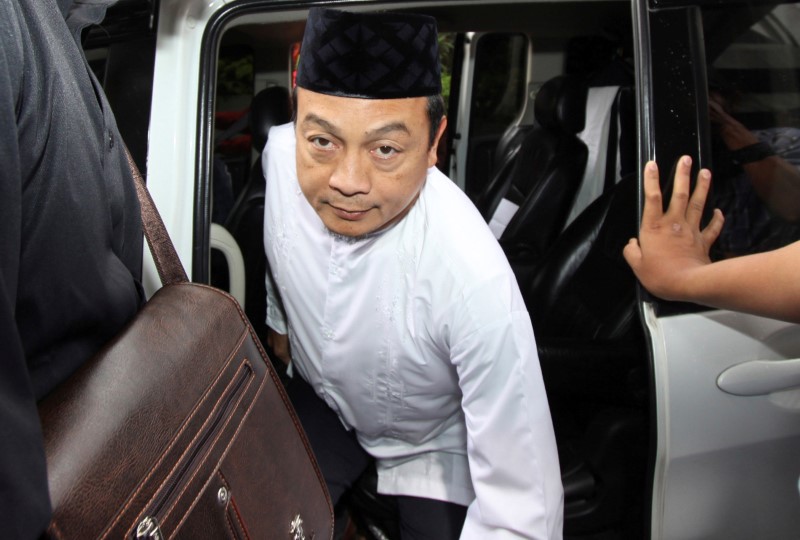
Important Takeaways:
- …We live at a time when the development of artificial intelligence is growing at an exponential rate. AI can already perform lots of tasks better and far more efficiently than humans can, and it appears to be just a matter of time before AI can do virtually everything better and far more efficiently than humans can. So once we get to that stage, why will the elite need us? Throughout human history, the wealthy have needed the labor of the poor. But if AI will soon be able to do almost all of the labor that we have been doing, what use will we be?
- The elite certainly don’t need our money, because they already control almost all of the wealth.
- In America today, the top 50 percent own 97.5 percent of all the wealth and the bottom 50 percent own just 2.5 percent of all the wealth…
- The richest half of American families owned about 97.5% of national wealth as of the end of 2024, while the bottom half held 2.5%, according to the latest numbers from the Federal Reserve.
- Much of the country is just barely surviving from month to month, and meanwhile the percentage of the wealth that is owned by the top 0.1 percent has risen to a brand-new all-time record high…
- The top 0.1% expanded their share of total wealth to a record 13.8% at the year’s end, up from 13% in the same period of 2020.
- For a long time, the rich needed the poor to work in their factories and run their businesses.
- In fact, Bill Gates says that humans will soon not be needed “for most things”…
- Over the next decade, advances in artificial intelligence will mean that humans will no longer be needed “for most things” in the world, says Bill Gates.
- That’s what the Microsoft co-founder and billionaire philanthropist told comedian Jimmy Fallon during an interview on NBC’s “The Tonight Show” in February. At the moment, expertise remains “rare,” Gates explained, pointing to human specialists we still rely on in many fields, including “a great doctor” or “a great teacher.”
- But “with AI, over the next decade, that will become free, commonplace — great medical advice, great tutoring,” Gates said.
- We are creating ultra-intelligent entities that can absorb vast quantities of information in the blink of an eye.
- Gates believes that we are entering an era of “free intelligence” in which many doctors, lawyers and teachers will simply become obsolete…
- In other words, the world is entering a new era of what Gates called “free intelligence” in an interview last month with Harvard University professor and happiness expert Arthur Brooks. The result will be rapid advances in AI-powered technologies that are accessible and touch nearly every aspect of our lives, Gates has said, from improved medicines and diagnoses to widely available AI tutors and virtual assistants.
- “It’s very profound and even a little bit scary — because it’s happening very quickly, and there is no upper bound,” Gates told Brooks.
- Alarmingly, one recent study discovered that lots of jobs are already being eliminated…
- Researchers from Harvard Business School, the German Institute for Economic Research, and Imperial College London Business School studied 1,388,711 job posts on a major (but undisclosed) global freelance work marketplace from July 2021 to July 2023, and found that demand for such automation-prone jobs had fallen 21% just eight months after the release of ChatGPT in late 2022.
- Writing jobs were most affected, followed by software, app, and web development work, as well as engineering jobs. The large language models that underpin tools like ChatGPT are trained on large amounts of text to predict the most likely next word in a sequence. The model forms a many-dimensional map of words, phrases, meanings, and contexts, and in doing so develops a remarkable grasp on language.
- It has been estimated that 60 percent of all jobs in advanced economies are at risk of eventually being eliminated by AI.
- So what will all of those people do?
- Already, we are seeing very alarming signs on the fringes of our society. Homelessness is at the highest level ever recorded, and many food banks around the country have never seen more demand than they are seeing right now.
Read the original article by clicking here.






